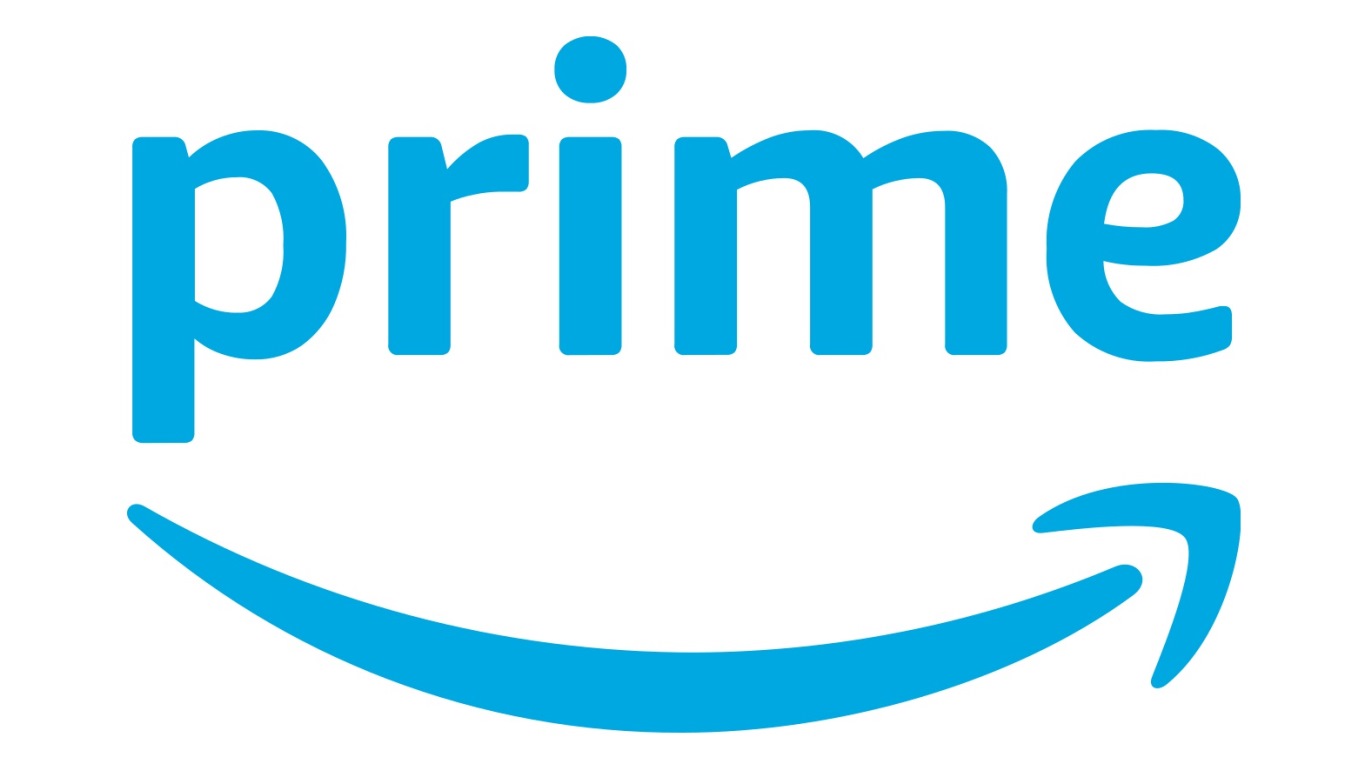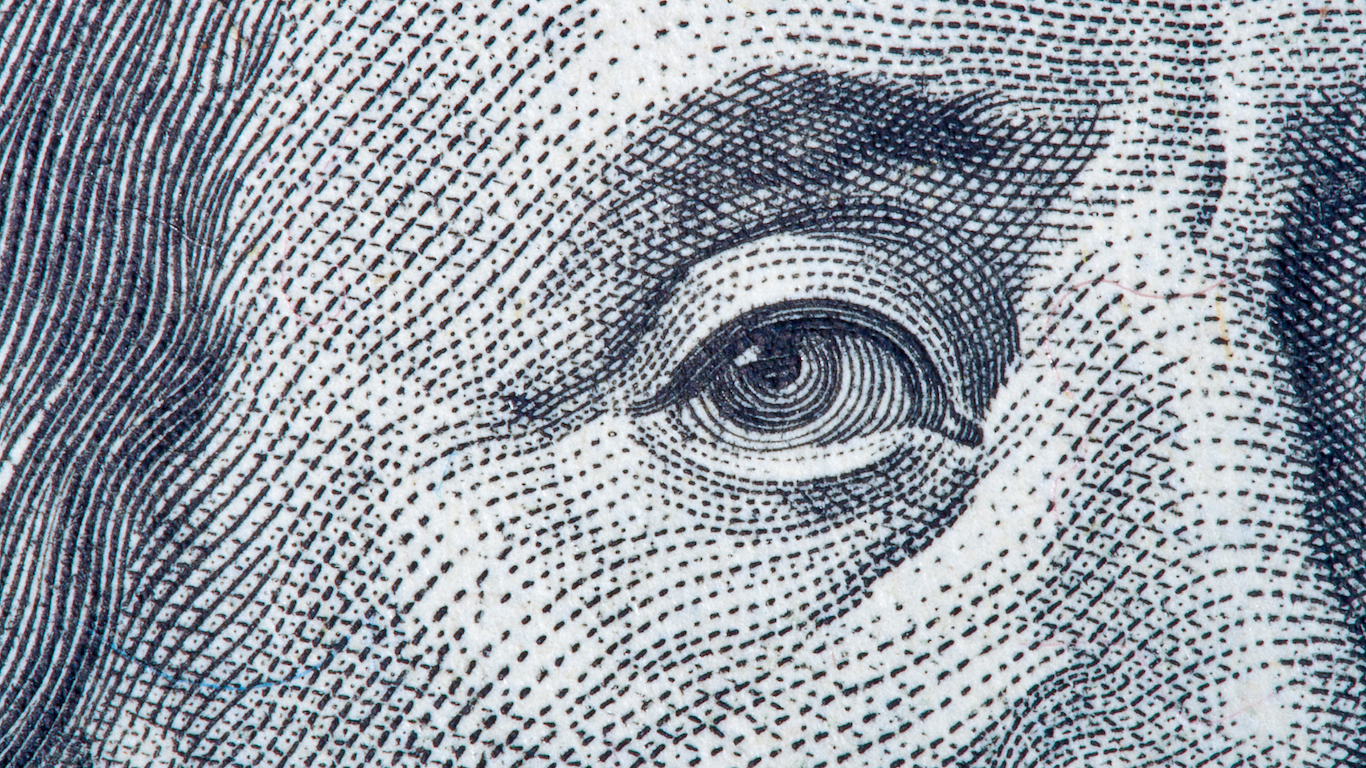
Shoppers at this year’s Amazon Prime Days (July 15 and 16) could spend more than $5 billion during the sale period that has been extended from last year’s 36-hour extravaganza to 48 hours this year. The longer hours also mean that more Amazon shoppers might sign up for the company’s $119-a-year Amazon Prime service and drives up the chances that more people could be buying counterfeit goods.
According to one estimate, 10% of customer page views result in notices from manufacturers that the products being offered are fakes. Because most of the products sold at Amazon come from third-party sellers, the company has been able to dodge responsibility for selling the counterfeited goods.
Is Amazon serious about counterfeit goods? In March, the company launched a program called “Project Zero.” The program gives genuine product manufacturers the power to remove fake goods from the site. There are, however, several loopholes, the largest of which is that Amazon takes no responsibility for refunding payments to counterfeit goods sellers. That remains an issue the customer must work out with the (often long-gone) seller directly.
Just last week, however, a federal appeals court judge ruled that the company’s role in the sales process opens the company to liability for faulty products, like the retractable dog leash that cost one Amazon customer her sight in one eye.
That decision must have rattled Amazon because the company soon afterward notified customers who purchased a dietary supplement from one of its Marketplace sellers that they were “likely” to have received a fake. Procter & Gamble, makers of the real product, recommends ordering products “shipped directly from [the] retailer (i.e., ships from and sold by Amazon) … to guarantee quality.”
However, according to consumer watchdog The Counterfeit Report, “Consumers have no guarantee of receiving authentic products from Amazon unless the product is sold and shipped directly from the product manufacturer.” P&G’s advice amounts to little more than reinforcing the status quo for Amazon shoppers: caveat emptor.
Amazon Prime Day, now in its fifth year, was launched to drive subscriptions to Amazon Prime, but now more than half of all Amazon’s sales are made to Prime subscribers and subscriber growth has dipped to just 11% annually. Prime subscriptions jumped by 43% following Amazon’s first Prime Day in 2015. There’s not a lot of room for growth except in Amazon’s offer of a monthly membership that allows customers to turn Prime on and off as they choose.
This year’s Prime Days are likely to be all about sales, according to Consumer Intelligence Research Partners’ co-founder Mike Levin: “This year we think the two-day Prime Day event will focus on selling more products to the established Prime member base. In this way, It’s more like a traditional retail sales promotion, with the added appeal of some exclusive products and celebrity selections.”
As the world’s most valuable brand, with a brand value of $315 billion, just ahead of both Apple and Google, it should be able to do a better job of protecting its customers from fake and possibly dangerous goods. Amazon spends a lot of money and time to curate and protect its name, but it’s not the only respected brand with approval problems. These are the companies with the best and worst reputations in the world.
Are You Still Paying With a Debit Card?
The average American spends $17,274 on debit cards a year, and it’s a HUGE mistake. First, debit cards don’t have the same fraud protections as credit cards. Once your money is gone, it’s gone. But more importantly you can actually get something back from this spending every time you swipe.
Issuers are handing out wild bonuses right now. With some you can earn up to 5% back on every purchase. That’s like getting a 5% discount on everything you buy!
Our top pick is kind of hard to imagine. Not only does it pay up to 5% back, it also includes a $200 cash back reward in the first six months, a 0% intro APR, and…. $0 annual fee. It’s quite literally free money for any one that uses a card regularly. Click here to learn more!
Flywheel Publishing has partnered with CardRatings to provide coverage of credit card products. Flywheel Publishing and CardRatings may receive a commission from card issuers.
Thank you for reading! Have some feedback for us?
Contact the 24/7 Wall St. editorial team.
 24/7 Wall St.
24/7 Wall St.



